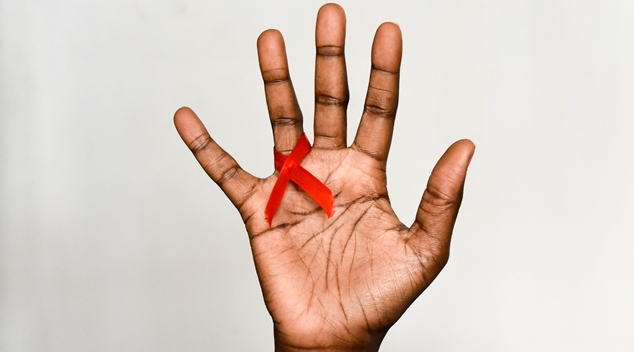
Gilead Sciences Australia New Zealand today announced the Australian recipients of the Gilead Getting to Zero Grant Program 2021, a global initiative supporting projects aimed at getting to zero new HIV infections.
The first Australian Grant recipient is a new project by the Australian Federation of AIDS Organisations (AFAO) in partnership with the Anwernekenhe National HIV Alliance (ANA) to develop, a new program of HIV health promotion for Aboriginal and Torres Strait Islander communities and workforce capacity building materials for health workers engaged with Indigenous people.
Rates of HIV and STIs among Aboriginal and Torres Strait Islander people remain disproportionately high when compared with non‑Indigenous people, with the rate of HIV diagnoses in Aboriginal and Torres Strait Islander people now over two times the diagnosis rate in Australian born non-Indigenous people.
The AFAO and ANA program will provide Aboriginal and Torres Strait Islander communities and health workers with resources, knowledge, strategies and skills to help respond to these disproportionate rates of HIV and STIs experienced among this population.
“While Australia’s HIV treatment and prevention effort is world-leading, we have not made enough progress among Aboriginal and Torres Strait Islander communities. The most powerful HIV responses are grounded in the values and practices of the communities they serve. These resources will strengthen the HIV response for Australia’s First Peoples,” said Darryl O’Donnell, CEO at AFAO.
“Australia’s Aboriginal and Torres Strait Islander communities will benefit greatly from HIV programs crafted specifically for them and by them. This is an important initiative that we warmly welcome,” said Colin Ross, Chair of Anwernekenhe National HIV Alliance (ANA).
“We are committed to working in partnership with the Aboriginal and Torres Strait Islander Health sector and AFAO to fulfil this innovative work. This funding from Gilead will assist in strengthening our work and resolve in ‘Getting to Zero’ across our community for HIV and STIs,” concluded Mr Ross.
The second Australian recipient to receive the Gilead ‘Getting to Zero’ Grant funding is Monash University for a project looking to improve access to HIV Pre-Exposure Prophylaxis (PrEP) for newly arrived overseas born men who have sex with men.
Newly arrived overseas-born gay, bisexual and other men who have sex with men (GBM) require an increased focus on HIV prevention, and strategies to encourage HIV testing and earlier diagnosis of HIV. Late HIV diagnoses in overseas born GBM have increased substantially (32%) over the past 5 years in contrast with a 47% decline in the Australian-born cohort.
Associate Professor Doctor Jason Ong, a sexual health physician at Melbourne Sexual Health Centre, part of Monash University’s Central Clinical School and project lead said the funding from the Getting to Zero Grant will help enable overseas born GBM to access pre-exposure prophylaxis (PrEP), a highly effective biomedical prevention strategy.
“Success in HIV prevention is highly dependent on cooperation and insights from a range of stakeholders. We recognise while overseas-born MSM is a specific population, there are many different countries, associated cultures, behaviours and levels of education and awareness for HIV prevention and treatment within this community.
“Our project aims to utilise lessons from behavioural economics to quickly and efficiently engage many stakeholders to solve complex challenges and create intervention strategies to empower overseas born Gay & Bisexual Men (GBM) with a focus on Asian born GBM to access PrEP,” Dr Ong said.
Jaime McCoy, General Manager, Gilead Sciences Australia New Zealand commented: “Gilead remains deeply connected with, and committed to, the HIV community in Australia, and we are pleased to provide these highly sought-after global grants to AFAO and ANA, and Monash University.”
“Australia is one of the countries leading the way in striving for the UNAIDS 2030 targets, but there are still several populations, such as Aboriginal and Torres Strait Islanders and migrant populations, where continued focus and investment is critical if we are to achieve zero new transmissions in Australia,” concluded McCoy.
Source: Media release
You can support our work by subscribing to our Patreon
or contributing to our GoFundMe campaign.





